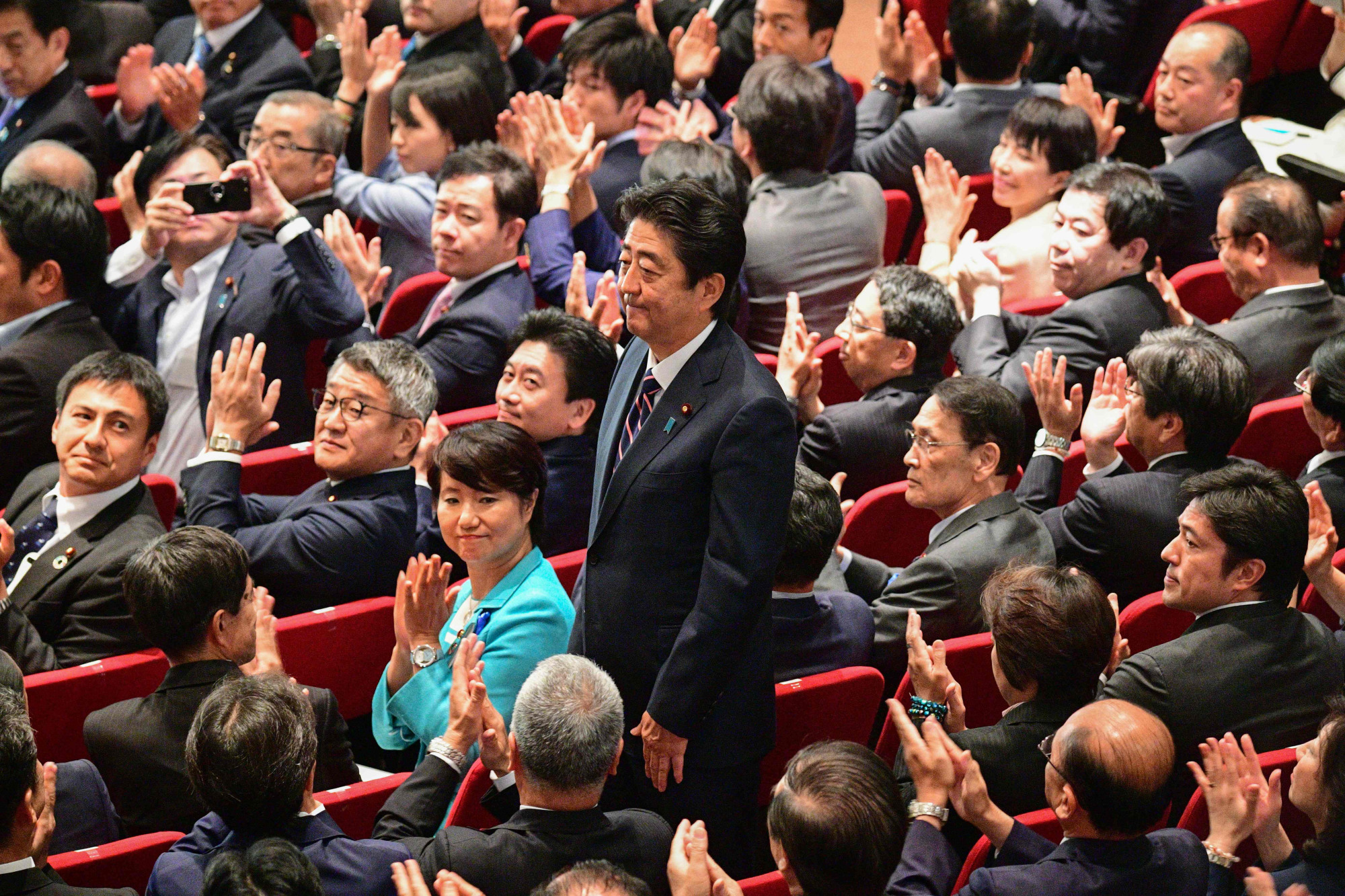Japan's economy is doing well. Unemployment is at multi-decade lows. Capital expenditure is up, as is return on equity. And wages are finally rising. For the longer-term, Japan also looks strong. Contrary to the popular myth that the country suffered multiple lost decades after the bursting of the bubble economy in about 1990, Japan has outperformed many other rich countries in terms of real gross domestic product per working age population since the year 2000.
It's small wonder, therefore, that Prime Minister Shinzo Abe was recently chosen to continue to lead the Liberal Democratic Party for another three years. Because the LDP is usually in control of the Japanese government, barring only the occasional rare opposition victory, internal party elections can be more important than general elections. Nationwide, Abe's approval ratings remain solid. There's little question that his economic record is the reason he retains popularity.
So what should Abe do in his third term? Bloomberg News's Isabel Reynolds points out that many of the items on the prime minister's agenda, including raising the retirement age, delaying social-security payouts, increasing the consumption tax, and revising Japan's pacifist Constitution, will be uphill battles. But this isn't such a big problem. Interest rates are at or lower than zero and debt-service costs low for the foreseeable future, and raising the consumption tax isn't urgent. Adjusting social security to compensate for Japan's aging population will be necessary, but the public and the legislature will likely accede to this necessity after much grumbling.

















With your current subscription plan you can comment on stories. However, before writing your first comment, please create a display name in the Profile section of your subscriber account page.